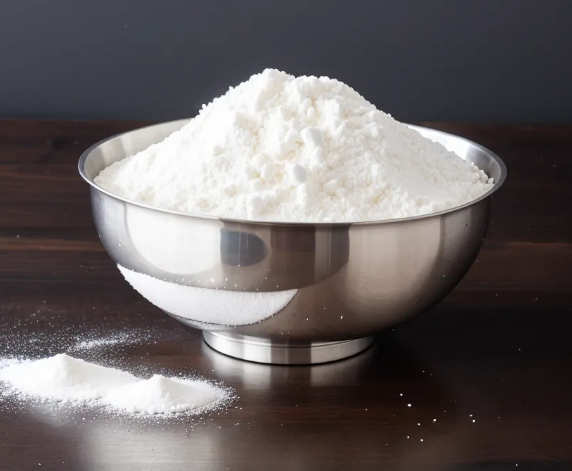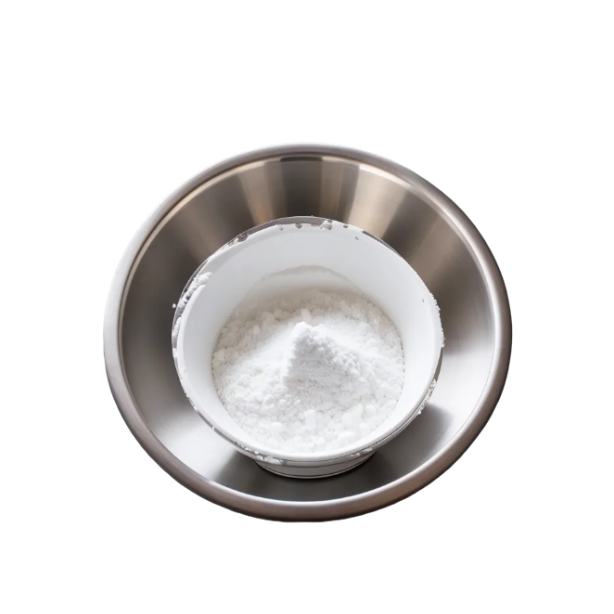1. It is widely used in glass, ceramics, medicine and food industries. Adding lithium carbonate in glass manufacturing can reduce the thermal expansion coefficient and cost of glass;
adding lithium carbonate in ceramics manufacturing can reduce the firing temperature, shorten the firing time, and improve the hardness and strength of ceramics;

2. Used in the preparation of lithium cobaltate, lithium manganate, ternary materials and lithium iron phosphate and other lithium-ion battery anode materials. Battery-grade lithium
carbonate has high purity, which can ensure that the prepared anode materials have high performance and stability.
3. Electrolytic bath additives for aluminium smelting. In the aluminium smelting process, the addition of lithium carbonate can improve the conductivity and stability of the electrolyte,
thus improving the yield and quality of aluminium.
4. Used in synthetic rubber, dyestuff, semiconductor, television, atomic energy and other fields. Lithium carbonate can be used as a catalyst and crosslinking agent for synthetic rubber
to improve the performance of rubber; in the field of dyestuffs and semiconductors, lithium carbonate can be used to make dye sensitiser and semiconductor materials.
5. Widely used in 3C products. Mobile phones, tablets and other electronic products are 3C products, battery-grade lithium carbonate as a raw material for lithium-ion batteries,
to provide power for electronic products.
6. Widely used in electric vehicles. The rise of electric vehicles has led to the development of power batteries, and battery-grade lithium carbonate as a raw material for power batteries,
play a key role in the range of electric vehicles.

7. Widely used in base station energy storage power industry. With the popularity of 5G technology, the demand for energy storage in base stations has increased, and battery-grade
lithium carbonate, as the raw material for energy storage batteries, provides a guarantee for the stable operation of base stations.
8. In addition, battery-grade lithium carbonate can also be used to produce lithium battery anode materials, lithium titanate anode materials and so on.
